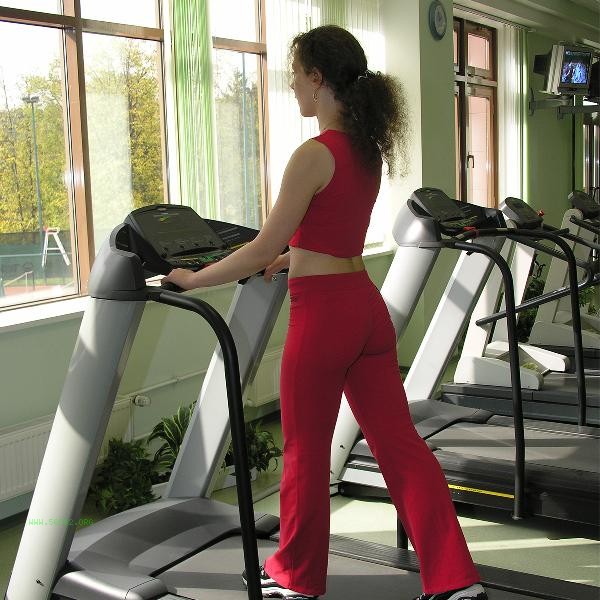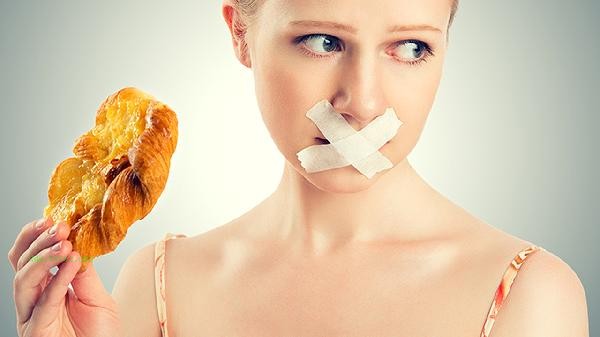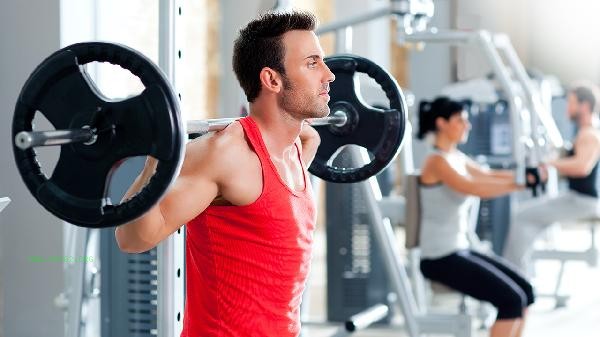It is recommended to drink plenty of water during exercise to help improve metabolism and fat breakdown efficiency. Water loss accelerates during exercise, and timely hydration can maintain fluid balance, but excessive drinking of water in a short period of time should be avoided. During exercise, the human body regulates body temperature through sweating and can lose hundreds of milliliters of water per hour. Lack of water can lead to an increase in blood viscosity, a decrease in fat metabolism rate, and may also cause discomfort such as muscle spasms or dizziness. It is recommended to drink 400-600 milliliters of water in portions 2 hours before exercise, and supplement 150-200 milliliters every 15-20 minutes during exercise. The water temperature should be 10-15 degrees Celsius. After exercise, you can replenish 500 milliliters of water for every 1 kilogram of weight loss. A small amount of lemon slices or mint leaves can be added to the water to enhance its taste. After some high-intensity exercise, temporary appetite suppression may occur, and excessive drinking may dilute gastric juice and affect digestive function. People with kidney disease or edema should follow medical advice to control their water intake and avoid increasing organ burden. Long term exercise such as marathons should be accompanied by electrolyte drinks to prevent hyponatremia. Ordinary fitness enthusiasts can meet their needs by drinking plain water.

During weight loss through exercise, it is recommended to drink slowly in small sips to replenish water, and it is best to observe that the urine color remains light yellow. In addition to drinking water in moderation, it is recommended to consume high moisture fruits and vegetables such as cucumbers and watermelons in daily life, and avoid drinking sugary drinks. Weighing before and after exercise helps to understand individualized hydration needs. If you experience symptoms of water poisoning such as palpitations or nausea, you should immediately stop drinking water and seek medical attention.









Comments (0)
Leave a Comment
No comments yet
Be the first to share your thoughts!